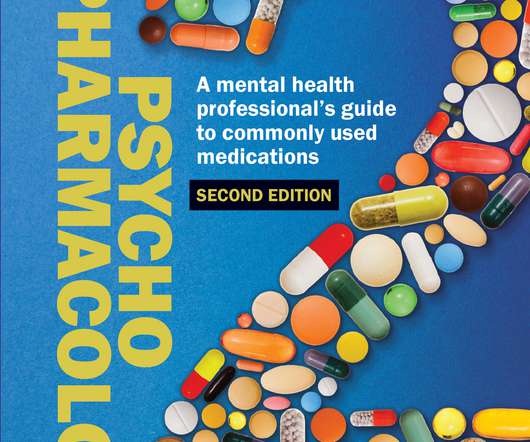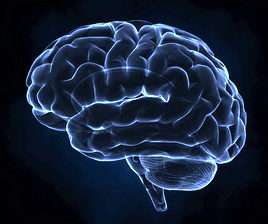American Dreams: What’s It Like To Be An MQ Research Fellow In The USA?
MQ Mental Health
APRIL 12, 2024
Given known areas of overlap in risk for autism and schizophrenia, I wondered whether periconceptional folic acid might also confer protection against schizophrenia risk. This intervention rapidly doubled blood folate levels in women capable of pregnancy and dramatically reduced spina bifida incidence. Ezra Susser).
















Let's personalize your content